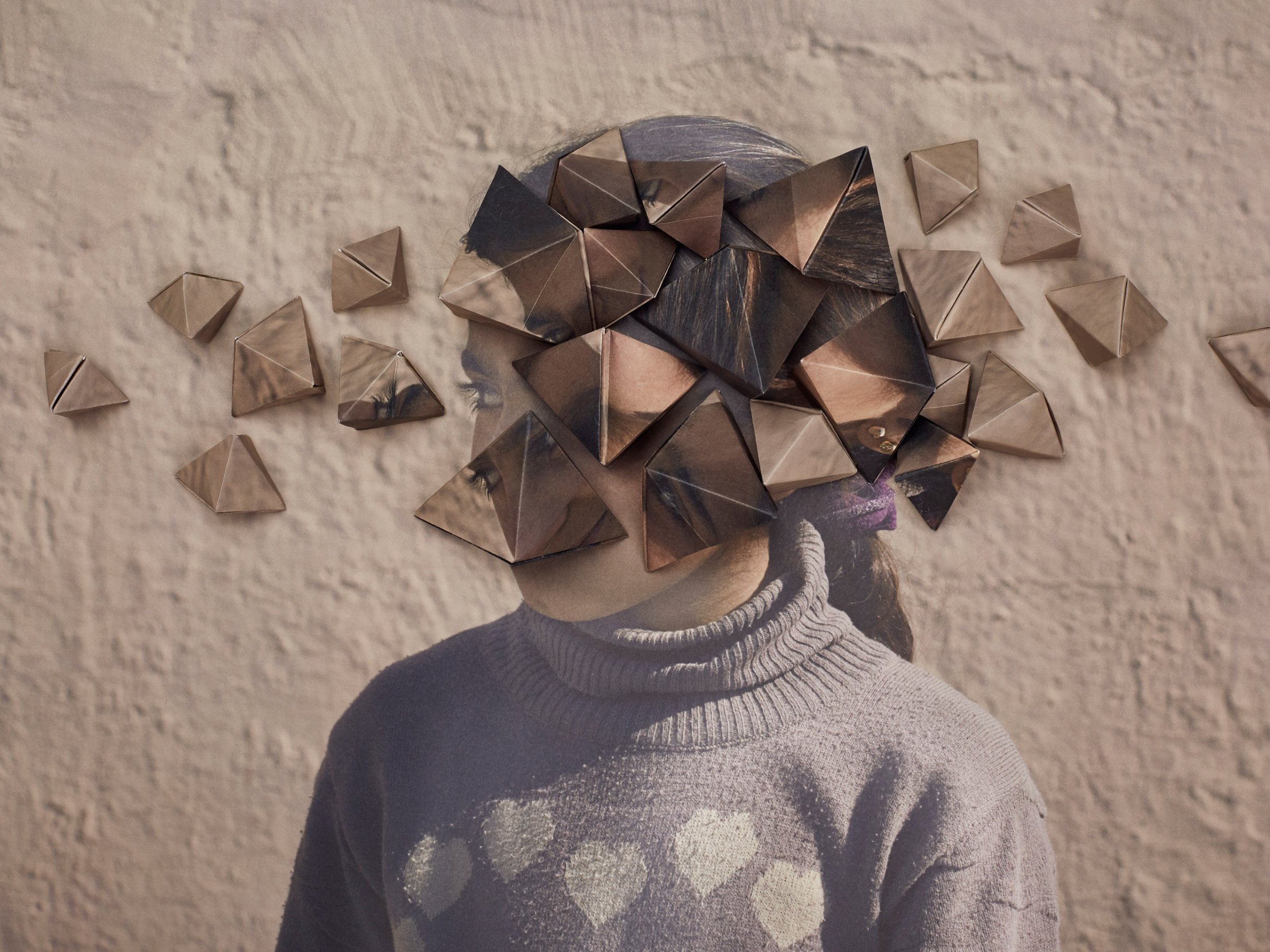
The physical devastation left by the Syrian war is tangible. But a less visible, more insidious damage is hurting the country’s most vulnerable.
Save the Children’s ‘Invisible Wounds’ report found that Syria’s children are suffering from a condition called ‘toxic stress’, due to living in an almost constant state of fear and terror. In order to visualize the invisible, the NGO commissioned photographer Nick Ballon and conceptual artist Alma Haser to create a series of animated portraits and short videos. Ballon’s thoughtful photos combined with Haser’s paper manipulation techniques – folding, crumpling, ripping and origami – attempt to show the intense psychological pain these children suffer.
Ballon shot the portraits of the refugee children near the Turkish-Syrian border. He got to know them at their orphanage, in a place where they felt comfortable, but shot the portraits on the streets. “The lighting was the key element,” he says.
When they left the familiarity of the orphanage, Ballon was struck by the distinct difference in the children’s behavior. “They would be fooling around with the other children and playing,” he says. “But when they left that environment they became more introverted. There was definitely this internal thing going on inside them, which made them look a lot more adult-like than the kids that they actually are. They’ve obviously seen and been through an awful lot.” Ballon hopes the portraits quietly portray this internal angst.
The second part of the creative process involved Haser, based back in the U.K. Though she didn’t meet the children, their words combined with Ballon’s portraits served as powerful inspiration. Just as each narrative is unique, each animation required a different approach and technique. “I wanted to open up their story. The impact is all emotional but I wanted to bring that to life in a physical way,” she says.
One boy, Ahmed, witnessed people being decapitated and since then he has become violent. “I created these layers of ripped paper to show his anger. It’s like layers and layers of himself being ripped away,” she says. “I just repeated it because they’re seeing the same thing over and over. It’s just their everyday life now which is quite scary really.”
While all the children featured in the project have suffered unimaginable hardships and witnessed extreme violence, Ballon believes there is still hope. “What struck me is their resilience. They’ve never met you before but they would put their arms out and just want to be picked up and hugged,” he says. “They still have the capacity to love.”
Save the Children is a non-governmental organization that promotes children’s rights, provides relief and helps support children in developing countries. Nick Ballon is a documentary and portrait photographer based in London. Alma Haser is a conceptual artist and photographer based in London and the East Coast.
Alexandra Genova is a writer and contributor for TIME LightBox. Follow her on Twitter and Instagram.
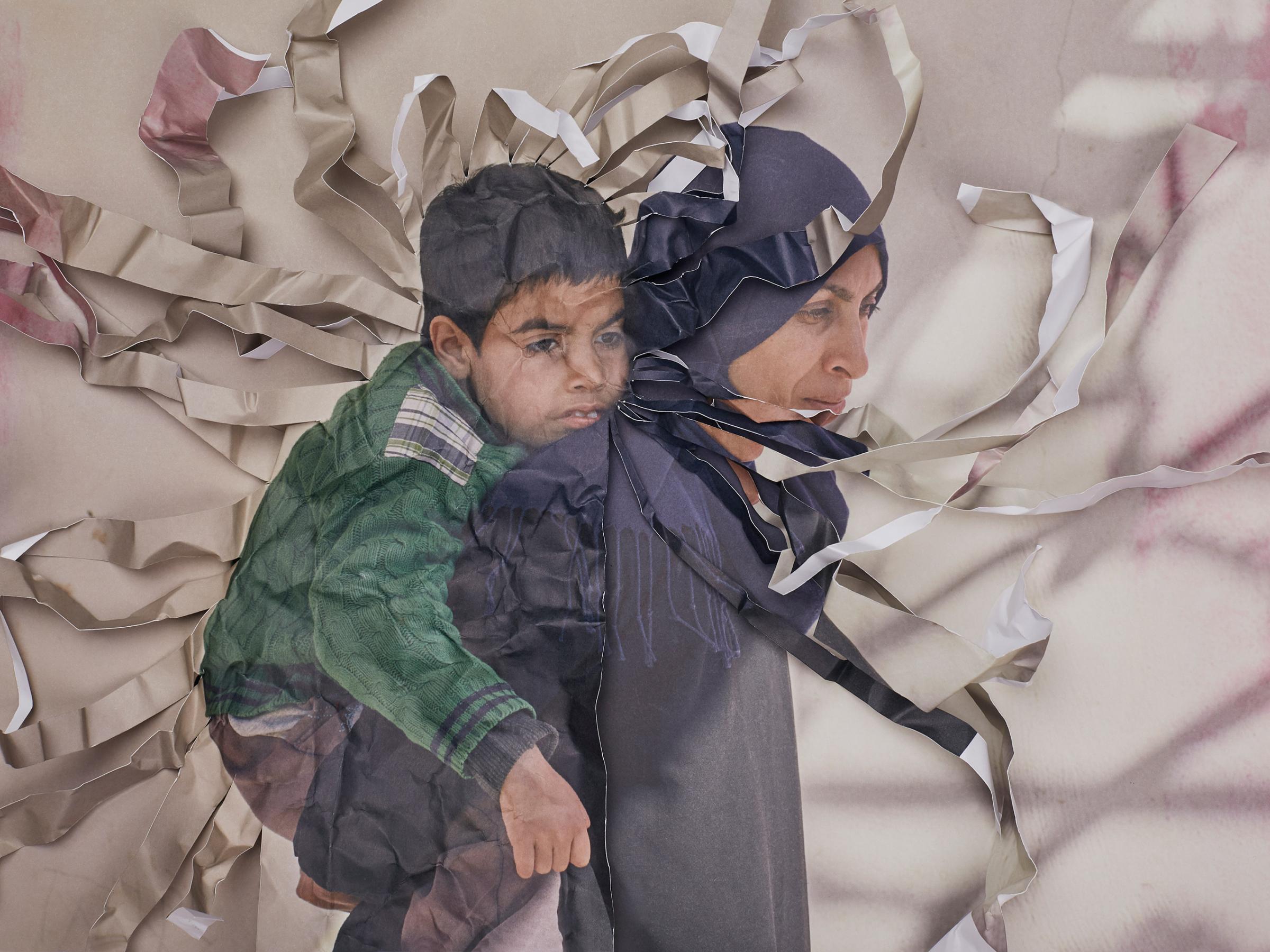
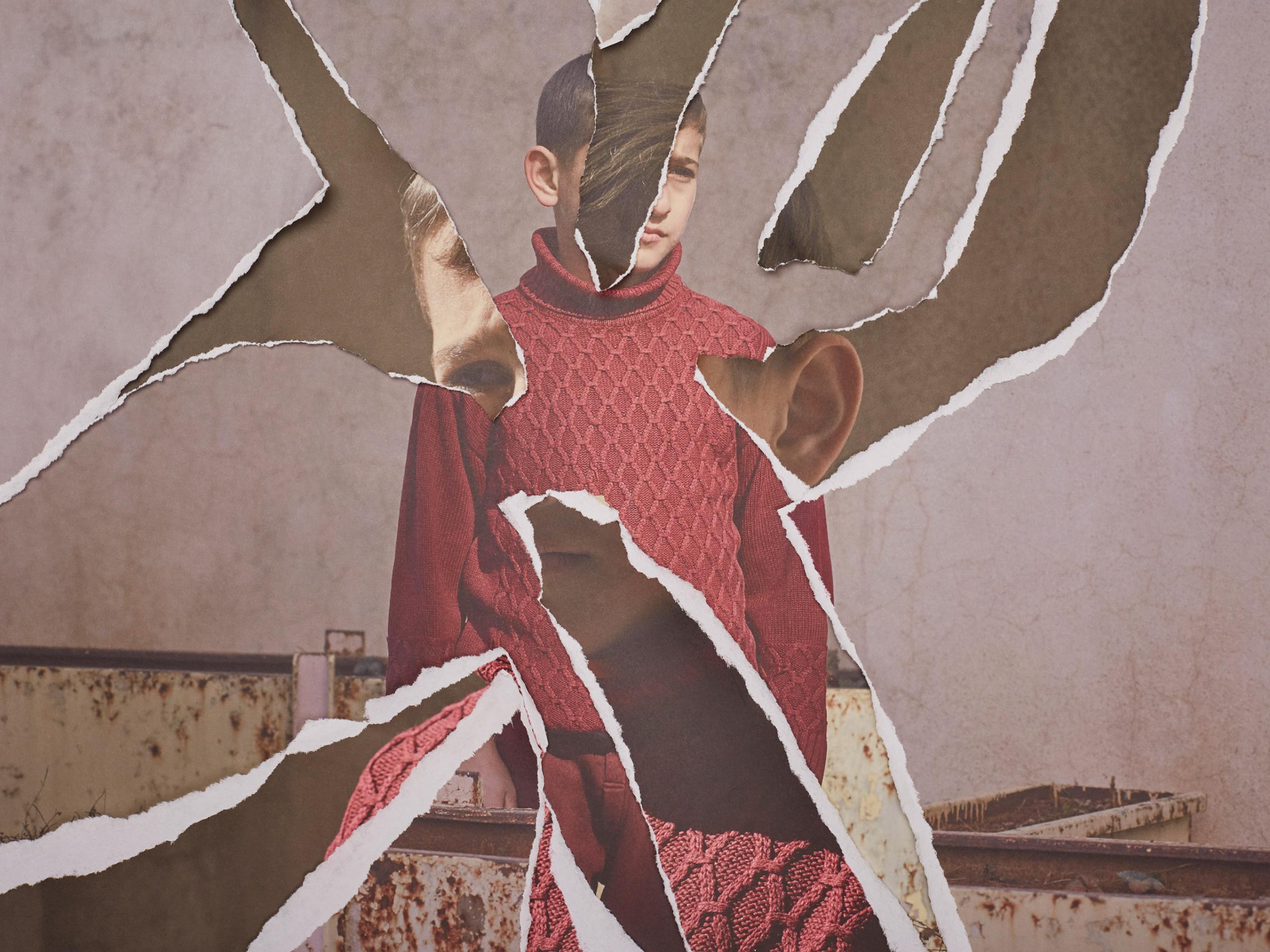
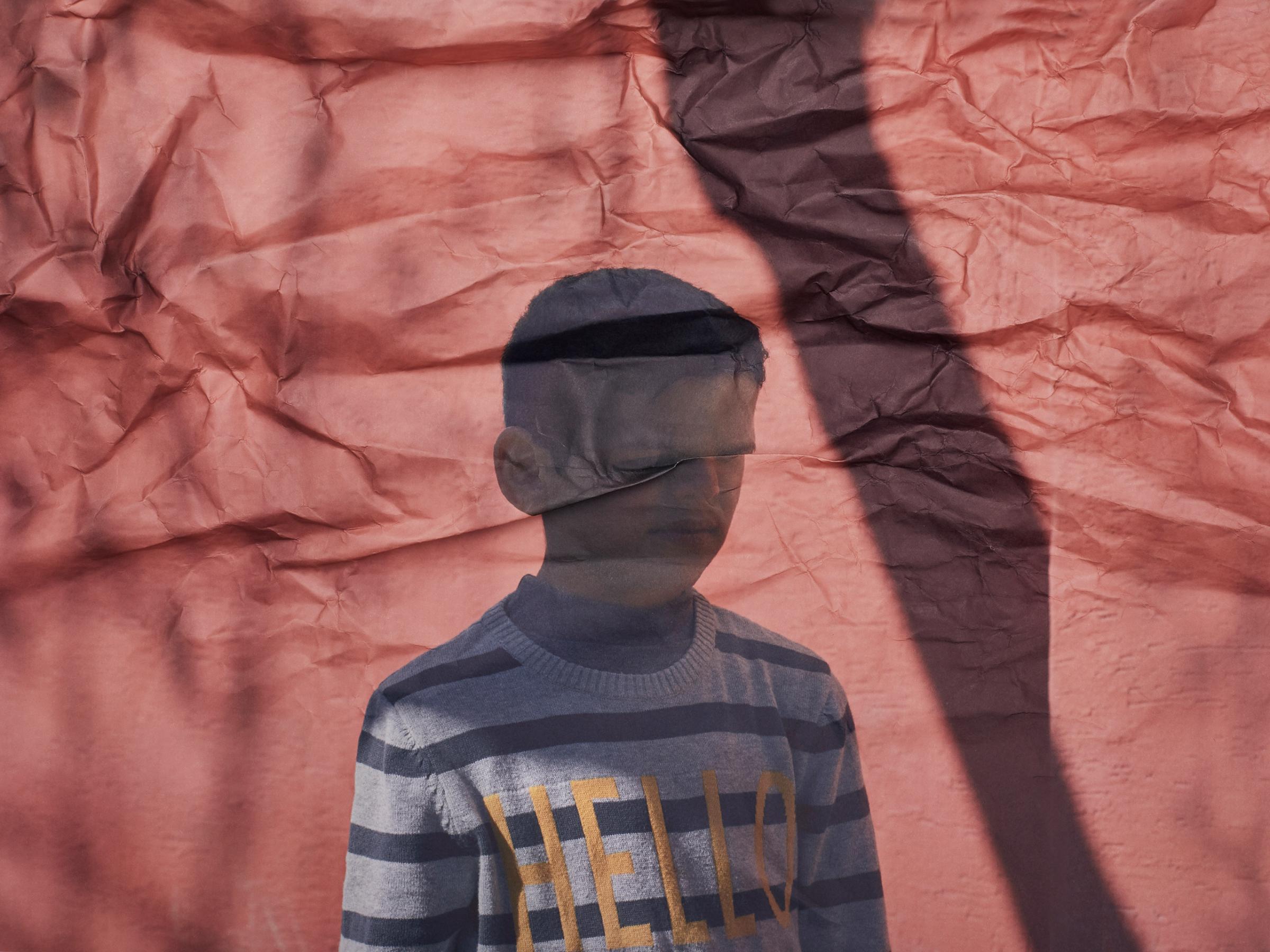
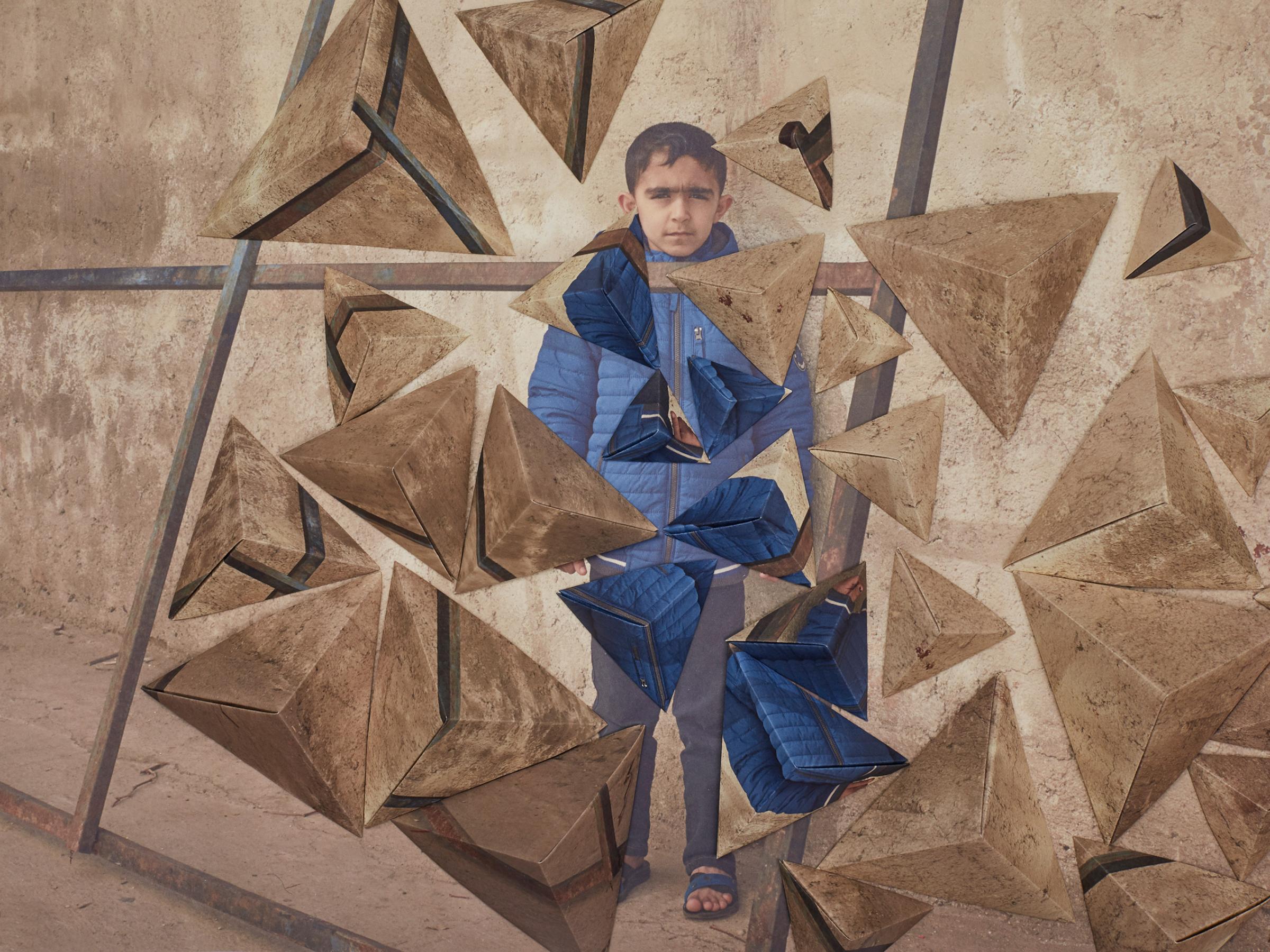
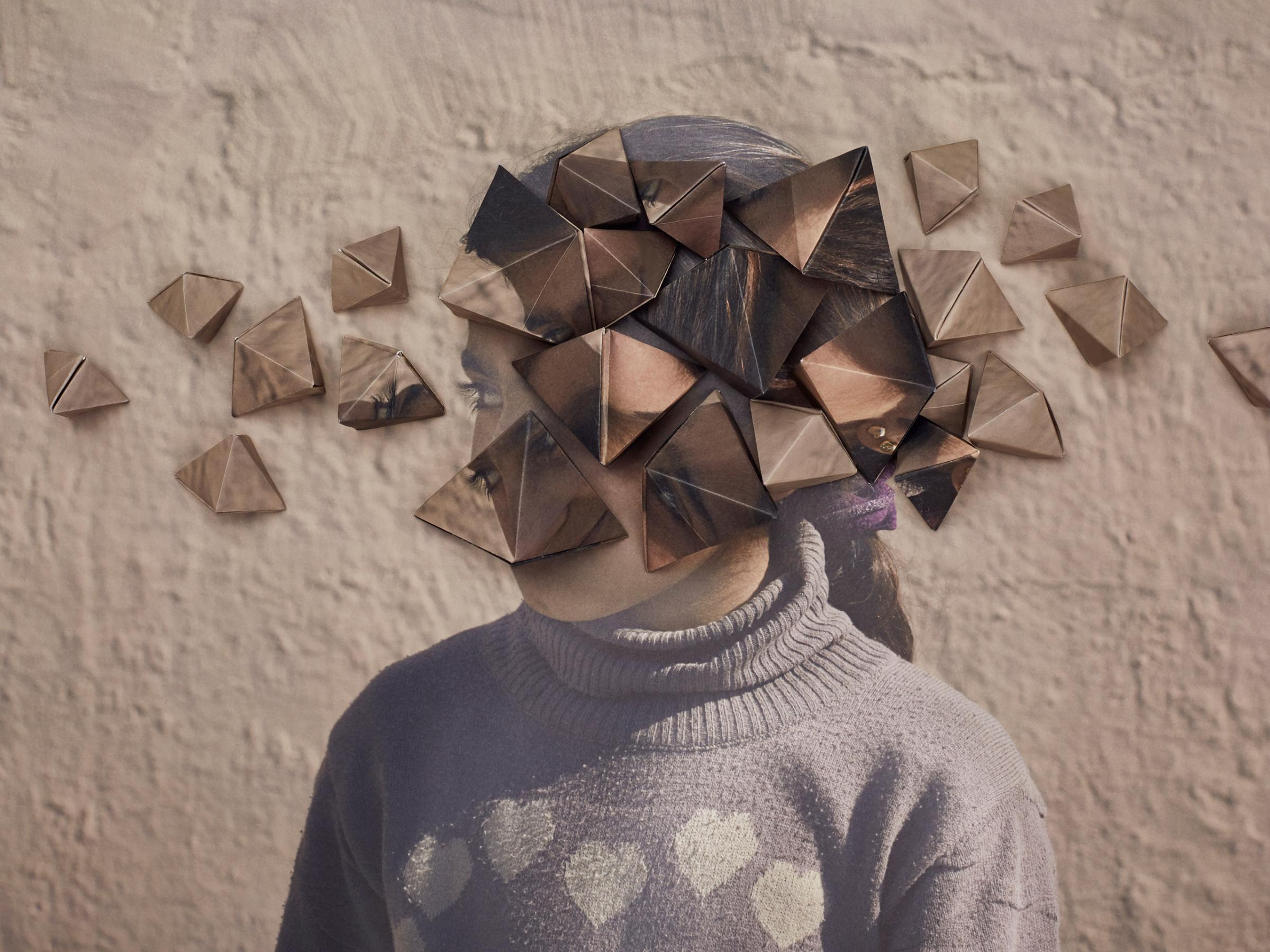
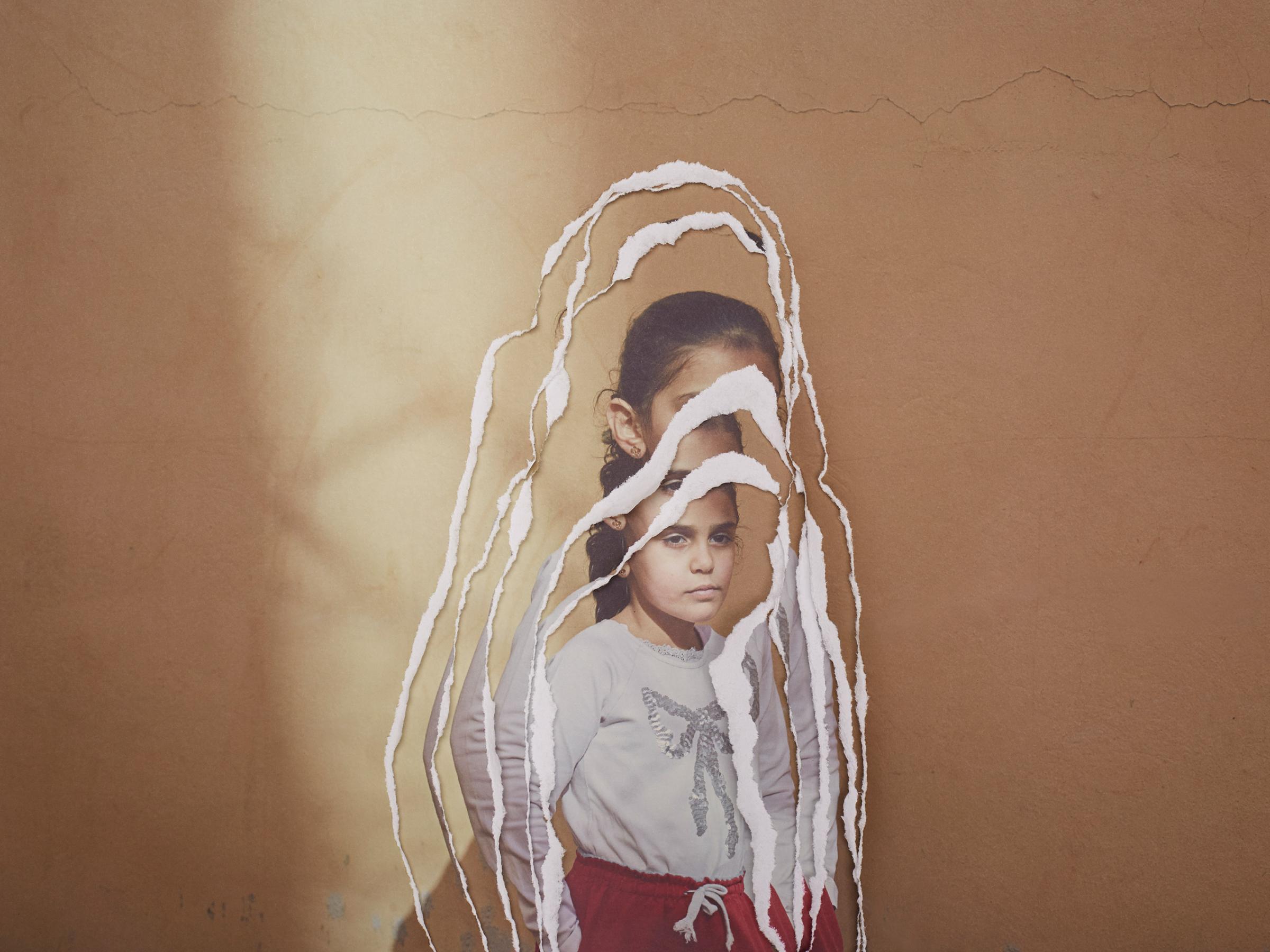
More Must-Reads From TIME
- Dua Lipa Manifested All of This
- Exclusive: Google Workers Revolt Over $1.2 Billion Contract With Israel
- Stop Looking for Your Forever Home
- The Sympathizer Counters 50 Years of Hollywood Vietnam War Narratives
- The Bliss of Seeing the Eclipse From Cleveland
- Hormonal Birth Control Doesn’t Deserve Its Bad Reputation
- The Best TV Shows to Watch on Peacock
- Want Weekly Recs on What to Watch, Read, and More? Sign Up for Worth Your Time
Contact us at letters@time.com